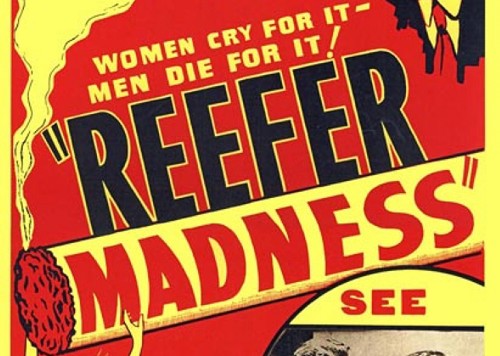
On December 18, US president Donald Trump signed an executive order — titled “Increasing Medical Marijuana and Cannabidiol Research” — which directs US attorney general Pam Bondi to “take all necessary steps to complete the rulemaking process related to rescheduling marijuana to Schedule III” from Schedule I.
To be clear up front, I’m not complaining: ANY relaxation of the federal government’s idiotic standards for, and ANY retreat in its evil war on, marijuana is a win.
It’s a win for patients whose ailments the drug addresses. It’s a win for taxpayers who fork over tens of billions of dollars a year to the DEA to maintain those standards and continue losing that war. And it’s a win for freedom in general.
So, yay Trump.
That said, it’s long past time to “deschedule,” rather than “reschedule,” marijuana.
What’s the difference?
According to the Drug Enforcement Administration, a Schedule I drug is one with “no currently accepted medical use and a high potential for abuse.”
Marijuana clearly falls outside that first clause (according to patients, according to doctors, and according to the laws of 41 states).
A Schedule III drug has “currently accepted medical uses” and “a moderate to low potential for physical and psychological dependence.”
That leaves the “abuse” and “dependence” considerations … which always have been, are, and will forever remain far outside any legitimate purview of government.
“Abuse” is in the eye of the beholder, and humans find ways to be dependent on all kinds of things. Here are four: Caffeine. Nicotine. Alcohol. Sugar.
None of which, by the way, are “scheduled” drugs, and none of which have been used by humans in their modern, refined forms for as long as cannabis, aka marijuana.
There’s a reason people call marijuana “weed” — it is one. It grows wild on every continent except Antarctica.
It’s been used both medically and recreationally for thousands of years. Queen Victoria, whose name defined strait-laced moral views of the 19th century, used it for menstrual cramps.
It didn’t become illegal in the US until the 20th century, and the real reasons had far more to do with keeping alcohol prohibition cops employed after booze became legal again, and suppressing hemp as a competitor to the wood-pulp paper industry, than with “abuse” or “dependence.”
The war on drugs has always been stupid and evil; its application to marijuana particularly so. Far too many people have spent far too many years in prison for possession and use of a common and benign plant, and taxpayers have been mulcted of far too much money to put them there.
Again, yay Trump. Making it easier to develop and deliver effective medicines is laudable. But when do we get a return to marijuana’s former normalcy?
Thomas L. Knapp (X: @thomaslknapp | Bluesky: @knappster.bsky.social | Mastodon: @knappster) is director and senior news analyst at the William Lloyd Garrison Center for Libertarian Advocacy Journalism (thegarrisoncenter.org). He lives and works in north central Florida.
PUBLICATION/CITATION HISTORY


